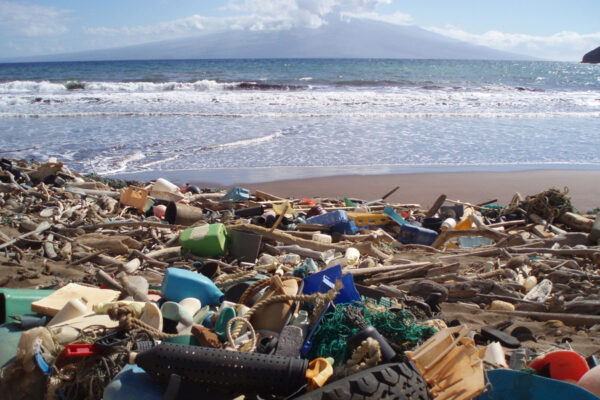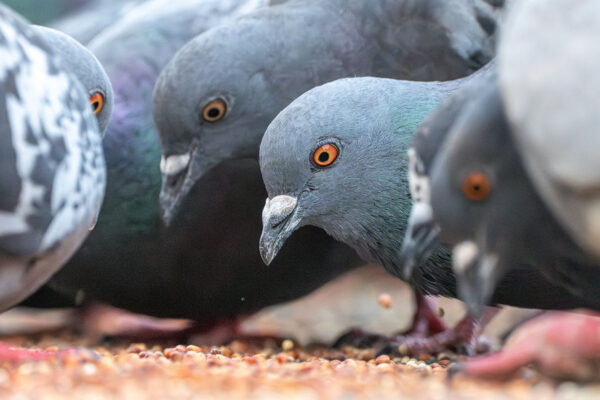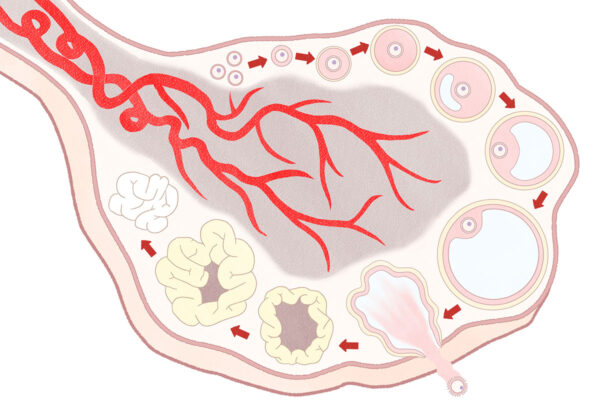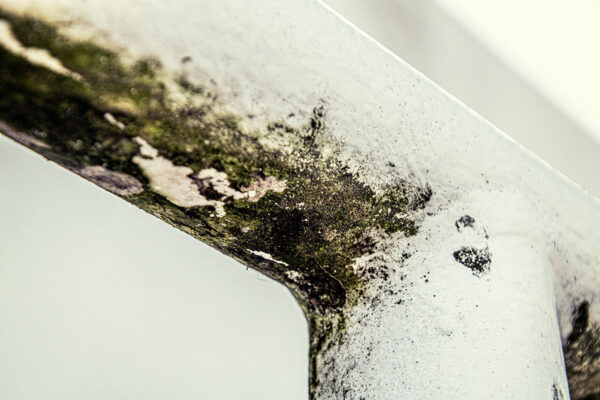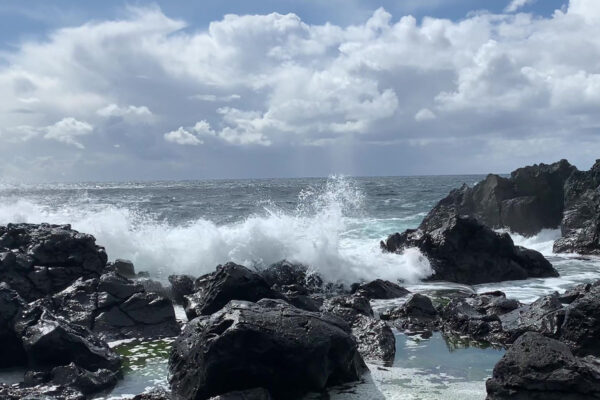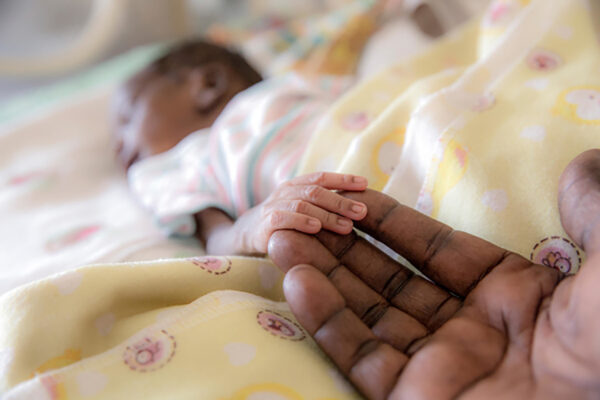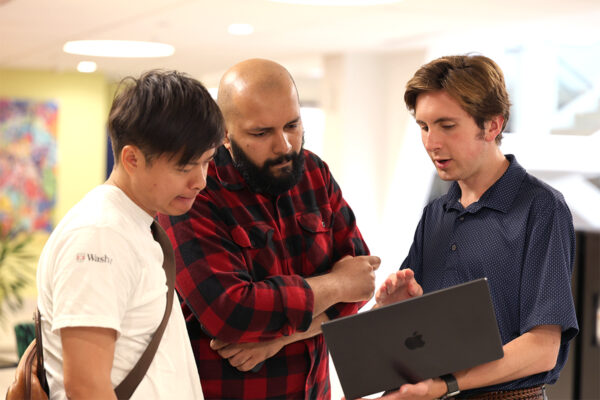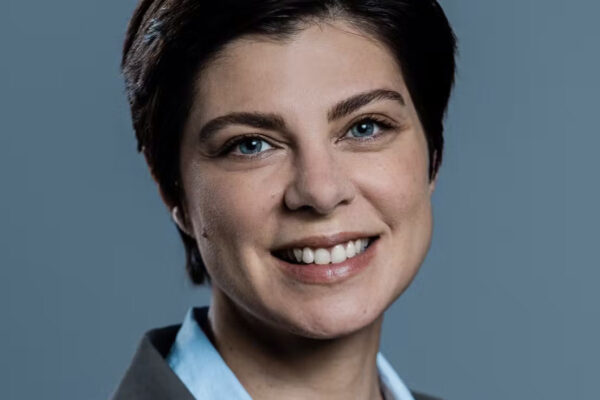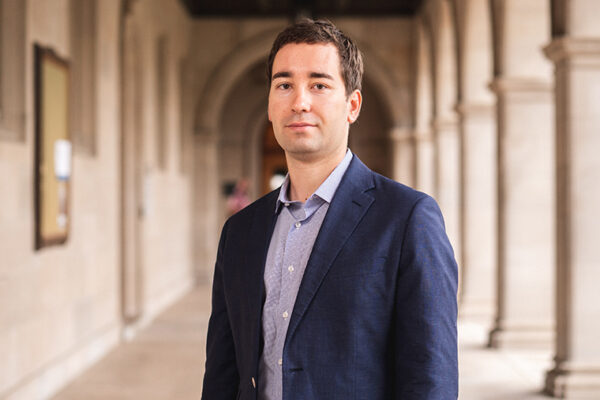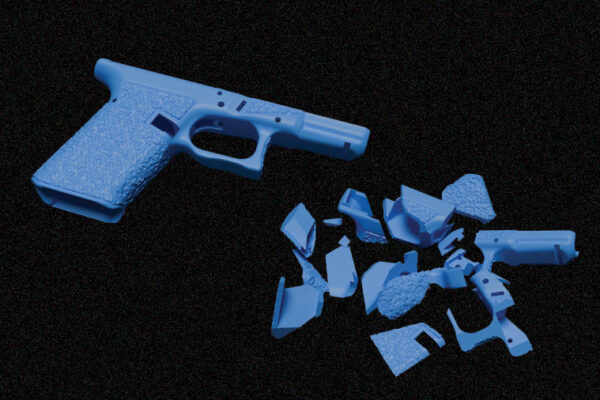AI to spark new recyclable plastics design
Researchers at Washington University in St. Louis have received a National Science Foundation grant to use artificial intelligence to design a new kind of plastics that can be easily broken down and recycled.
Pigeons of St. Louis: A new look at a cosmopolitan bird
Wildlife researchers at Washington University in St. Louis tracked pigeons in two cities to see what affects their density.
Bioelectronic material may help to reveal new information behind infertility
Alexandra Rutz, a biomedical engineer at WashU, has received a CAREER Award from the National Science Foundation to create 3D bioelectronic scaffolds for ovarian follicles, to be used for infertility and aging research.
Link between surfaces in buildings, indoor air quality under spotlight
Environmental engineer Jenna Ditto, at WashU, aims to establish a link between indoor air quality and the chemistry of building material surfaces with a grant from the National Science Foundation.
When waves meet the shore, sea spray levels up
Researchers at Washington University in St. Louis find sea spray concentrations, used in measuring cloud formation, can vary widely and estimates made from shore should not apply to lower levels of spray on the open ocean.
Data science uncovers patterns in health service use linked to child mortality
An interdisciplinary team of researchers at Washington University in St. Louis identified drivers of maternal and child health service use across Africa.
Students in summer program develop AI tools, advance faculty research
This summer, students in WashU’s Digital Transformation Summer Corps developed AI-driven tools and products that advance important interdisciplinary research projects. The new program is part of the Digital Intelligence & Innovation Accelerator, a “Here & Next” initiative.
Roccabianca named director of Center for Women’s Health Engineering
Mechanical and materials engineer Sara Roccabianca has been named director of the Center for Women’s Health Engineering in the McKelvey School of Engineering at Washington University in St. Louis.
When physics meets ecology
Mikhail Tikhonov, an associate professor of physics in Arts & Sciences, is using mathematical tools to deepen our understanding of microbial ecology and evolution.
Unique fingerprints in 3D printing may foil adversaries
A researcher at Washington University in St. Louis developed a way to create an embedded fingerprint in 3D-printed parts that would withstand the item being broken, a potential way to track “ghost guns.”
Older Stories
